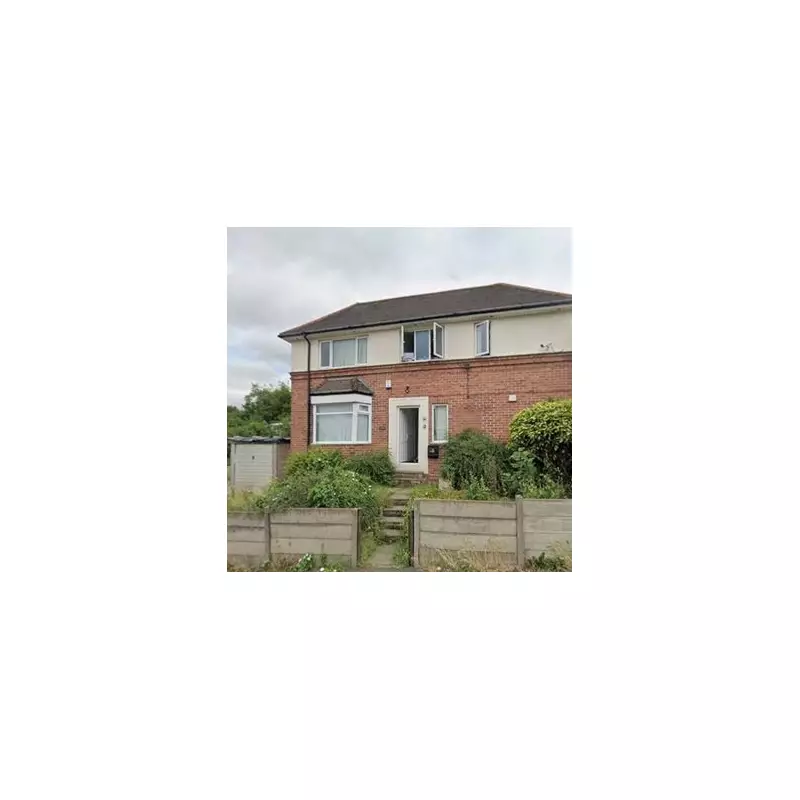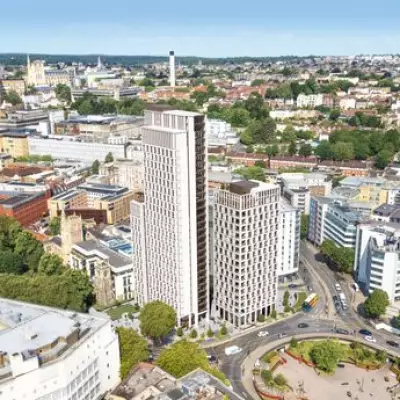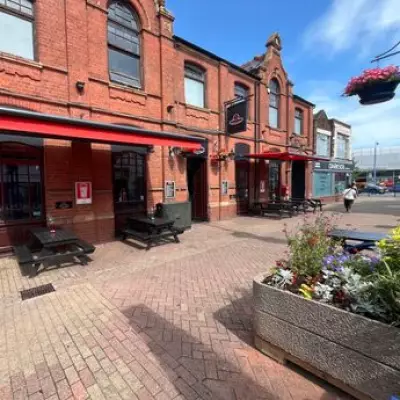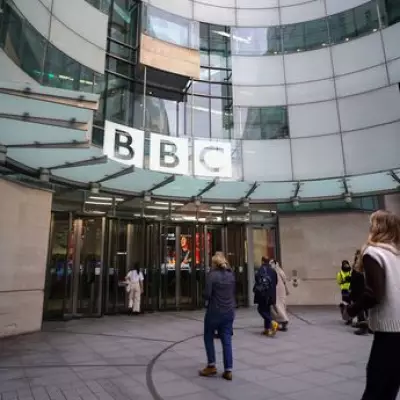
In a significant ruling that has sparked debate about housing needs versus environmental protection, planning inspectors have firmly rejected Dudley Council's ambitious proposal for a six-storey student accommodation block on precious green belt land.
The Controversial Proposal
The council's vision for the 348-bed student complex near the University of Wolverhampton's Dudley campus has been decisively shot down after a lengthy planning inquiry. The development, which would have transformed the Castle Hill site, faced overwhelming opposition from local residents and environmental campaigners.
Why Inspectors Said No
Planning inspectors delivered a damning verdict, citing several critical concerns:
- Green belt protection: The development would cause "substantial harm" to the protected landscape
- Visual impact: The six-storey height was deemed inappropriate for the area
- Heritage concerns: Potential negative effects on nearby Dudley Castle and the zoo
- Lack of exceptional circumstances: No compelling case to justify building on protected land
Council's Defence Falls Flat
Dudley Council had argued passionately for the development, claiming it would:
- Support the university's expansion plans
- Address critical student housing shortages
- Boost the local economy through increased student spending
- Regenerate a currently underutilised site
However, inspectors remained unconvinced, stating that these benefits simply didn't outweigh the permanent damage to the green belt.
Local Reaction and Next Steps
The decision represents a major victory for conservation groups and local residents who had campaigned vigorously against what they described as an "overbearing and inappropriate" development. Many had feared the precedent it would set for future green belt development in the region.
While the council has expressed disappointment, the ruling leaves them facing difficult questions about how to balance much-needed housing development with environmental protection. The search for suitable sites for student accommodation continues, but it appears green belt land remains firmly off the table.





